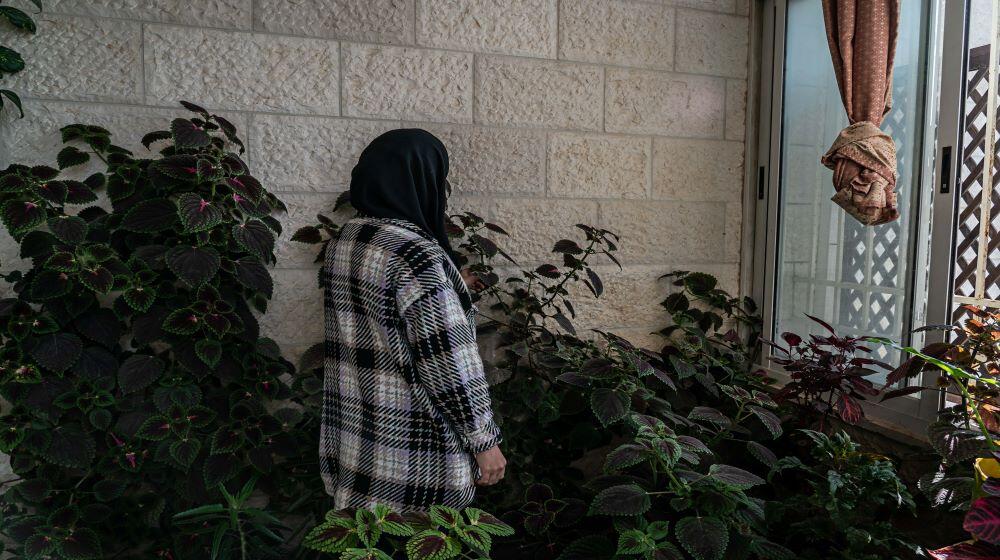GAZA STRIP, Palestine: The 15-year Israeli-imposed embargo, movement restrictions, and Palestinian political fragmentation aggravate the humanitarian crisis for estimated 2.17 million people in Gaza. Facing these challenges, institutions cannot deliver services properly, while the demand increases and exacerbates the system instability.
In order to respond to sexual reproductive health (SRH) needs, UNFPA supported the Palestinian Family Planning and Protection Association (PFPPA), through the Midwifery Led Counseling Home Visits Programme, by deploying midwifery teams to visit women at home in various neighborhoods in Gaza. Among those women, a 37-year-old mother of seven children was diagnosed with severe malnutrition and anemia. "She looked pale, skinny, and weak" one of the service providers said to UNFPA. The woman, who lived in dire socio-economic and psychological conditions, was unable to maintain good nutrition standards. "It was hard for me to feed my children, I had no idea how to deal with this issue" she says. "I could not take care of myself either", she continued.
With help from the midwifery team, the woman received recommendations on how to satisfy her, and her children, nutritional needs and was provided, for free, with vitamin supplements to recover from nutritional insufficiency. "We went back to visit her for several weeks in a row to check on her. Finally, she looked healthier" the service providers said.
PFPPA, through proper channels from the humanitarian organizations’ networking, referred the woman and all her children to case management at the Ma’an family center. They received psychological and financial support, mainly with the small start-up project, for securing a steady income.


